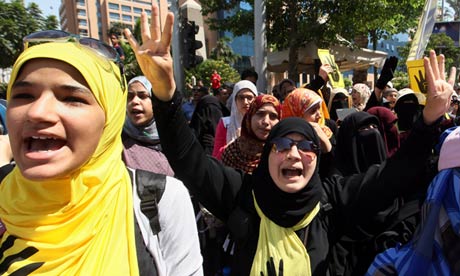By Thomas Murphy
Impunity Watch Reporter, Middle East
DAMASCUS, Syria – U.N. chemical weapons inspectors are expected to return to Syria on Wednesday according to Russian Deputy Foreign Minister Sergei Ryabkov. Ryabkov addressed the inspector’s return on Tuesday when he spoke to the Russian parliament regarding the unfolding situation in Syria.

“We are satisfied that our persistent calls for the return of the UN inspectors for an investigation of the previous episodes have finally borne fruit,” said Ryabkov.
The weapons experts will be the same team that visited the country during August to investigate the reports of chemical weapons use. The team, led by Ake Sellstrom, presented their report to UN Secretary General Ban Ki-moon just over a week ago. The report confirmed that a ‘large scale’ sarin gas attack occurred on 21 August just outside of Damascus.
Before the 21 August attack, the UN weapons inspectors were tasked to investigate several other reports of chemical weapons attacks in Syria. However, when the 21 August attack occurred, the team delayed their research and was relocated to focus exclusively on the Damascus attack.
In a statement Tuesday, the U.N. said the investigation will include gathering evidence specifically from the village of Khan al-Assal. The village, just outside of Aleppo, was reportedly the target of a chemical weapons attack on 19 March of this year. Not surprisingly, the rebel opposition and the Assad government adamantly deny responsibility and blame the other.
There have been a total of fourteen alleged chemical weapons attacks in Syria since the revolution against the Assad government began in 2011. Two locations of particular interest to United Nations chemical weapons inspectors are Sheikh Maqsoud and Saraqeb. Inspectors received permission from the Assad government to visit the sites back in July, but have been unable to inspect the sites yet.
In late August, the inspectors were to continue there research at sites other than just the Damascus location, but inspectors left the country as the threat U.S. military intervention increased. Since, the U.S. and Russia have come to a general agreement regarding the removal of all chemical weapons from Syria. The passage of an official resolution via the United Nations is expected soon.
For further information, please see:
BBC – UN chemical weapons inspectors ‘to return to Syria’ – 24 September 2013
Huffington Post – UN Chemical Weapons Inspectors Returning To Syria – 24 September 2013
RT – UN chemical weapons experts to return to Syria Wednesday – Moscow – 24 September 2013
Voice of America – Russia: UN Investigators Heading Back to Syria – 24 September 2013



